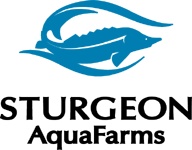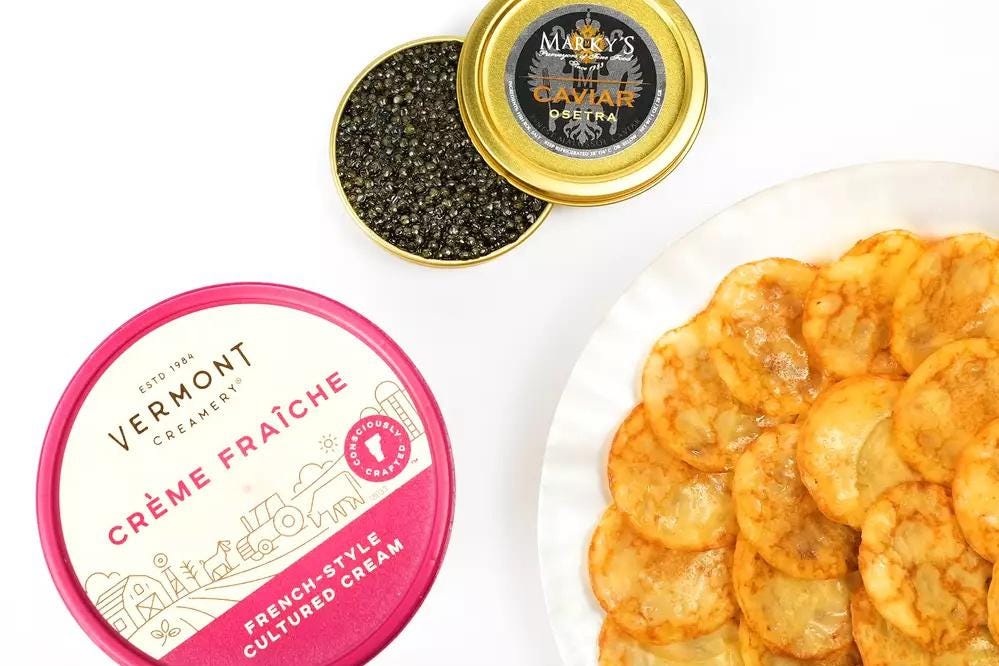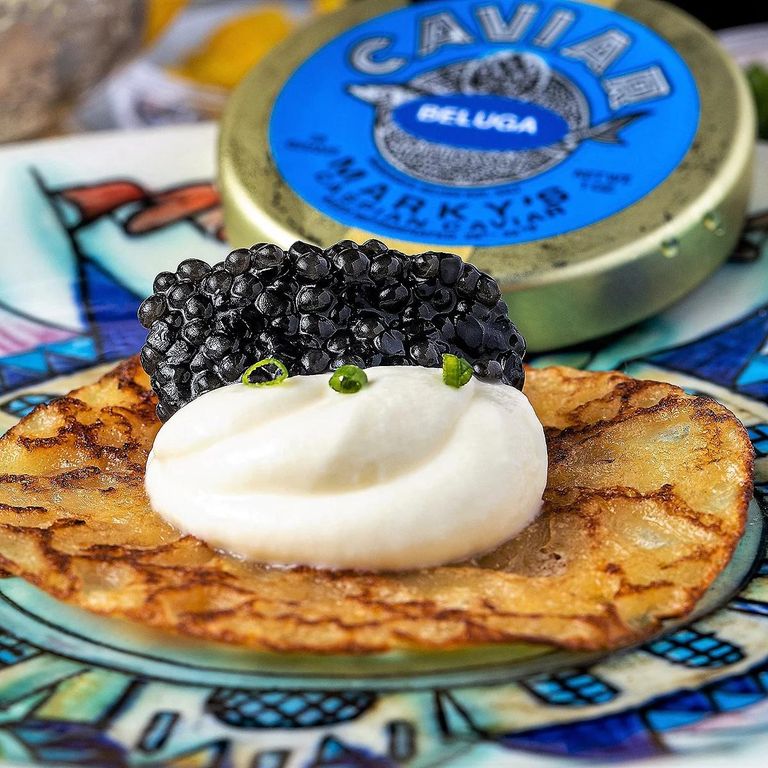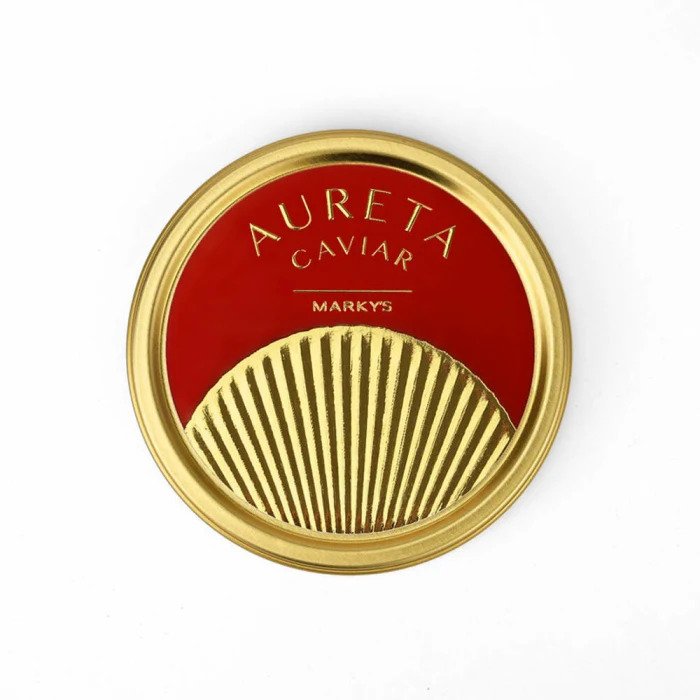Russian Caviar - Made in the USA
Russian Caviar - Made in the USA
Press Release Source: Optimus Inc. Russian Caviar - Made in the USA
Miami, FL - June 25, 2013 - Think of Russia when you think caviar? Think again. Sturgeon AquaFarms (SAF) in the tiny town of Bascom, Florida boasts more beluga sturgeon than the Caspian Sea.
The company began importing live Caspian beluga and sevruga in 2003 – just two years before mounting international pressure forced the U.S. to ban the import of beluga-related products. It is now the only company in the U.S. authorized to raise beluga sturgeon.

A skilled team of scientists and 30 years of expertise in the caviar industry are now starting to reap rewards for Zaslavsky and Gelman. In 2011 their beluga spawned three times – reproducing some 21,000 sturgeon – making SAF the largest beluga aqua farm in the world.
Optimal conditions
It’s not just the beluga that is helping the company make its mark. Located on a pristine 120-acre site in northern Florida, about 100,000 sturgeon are being raised in pure, drinking-grade quality water. In the wild, it may take a sturgeon 15-18 years to reach maturity and start producing eggs. But at SAF, with optimal conditions like a constant water temperature of 21 degrees Celsius, the company has been able to reproduce eggs and fish in two-to-five years in some species.
The company began delivering a limited quantity of sevruga caviar to Whole Foods and select restaurants in 2012 and will continue this year with a small increase in volumes. According to Zaslavsky, there are only 100 kilograms of sevruga caviar on the world market.
The company also recently introduced sterlet– once considered the most prominent fish of royal Russian cuisine – as a whole fresh fish to upscale markets and restaurants including Café Pushkin and the Riviera Grille & Sushi in New York.
Preservation of the species
Zaslavsky and Gelman saw a huge business opportunity as they watched the world population of sturgeon plummet more than 90 percent in the last 20 years due to overfishing and pollution. But they are also determined to help it survive. They are working with a team of Russian scientists to export fertilized eggs and experience to Russia and neighboring countries with the hope of restoring the world’s population of sturgeon.
“The motto of our farm is ‘preservation of the species’,” says Zaslavsky. “It’s an amazingly complex process, but we want to re-populate the Caspian Sea with our beluga.”
In the meantime, Zaslavsky and his partner will focus on the construction of a new caviar processing facility as they capitalize on their unique market position. While beluga sturgeon remains on the critically endangered species list and the fishing of wild beluga is prohibited, they are left with a monopoly on the U.S. production of beluga. Success never tasted so good.
For more information, please contact Marky's (305) 758-9288, via email at This email address is being protected from spambots. You need JavaScript enabled to view it. or www.markys.com .






